
IMS bearing failure is one of the most critical problems that may occur in some Porsche vehicles. If not solved, this issue can cause a lot of harm to the engine and would require a lot of money to repair. Every Porsche owner needs to know what IMS bearing is, why it can fail, and how to avoid and deal with it.
What is IMS Bearing Failure?
The Intermediate Shaft (IMS) is a very important part of many Porsche engines, especially some of the series manufactured between 1997 and 2008. The bearing supports the intermediate shaft, which in turn, operates the camshafts. When the IMS bearing fails, it may result in complete failure of the engine. This is because the debris from the failed bearing may circulate through the engine and therefore cause severe damage. Although not all cars falling in these time ranges will develop IMS bearing failure, it is a known problem that Porsche enthusiasts should know about.
Why Could the IMS Bearing Fail?
- Poor Lubrication: The IMS bearing must be lubricated adequately for it to operate optimally. However, the engine oil degrades with time or gets mixed with dirt and other contaminants in the vehicle. When the oil quality is low, it cannot do the work of lubricating the bearing; this results in the bearing becoming hot due to friction and eventually failing.
- Wear and Tear: Like any other mechanical part, the IMS bearing may degrade with time and may require replacing. Everyday use of the car exerts pressure on the bearing and at some point, it will begin to wear out. It is essential to know that high mileage on your Porsche or aggressive driving can also make the wear of the bearing more rapid.
Addressing IMS Bearing Failure
- Stop Driving the Car: If the IMS bearing is failing or has failed, driving your Porsche will only result in additional damage to the engine. Car owners should not start the car but instead have it towed to a reputable mechanic.
- Consider an IMS Bearing Retrofit: You can replace the failing IMS bearing with a better one if the problem is detected early enough. This involves the removal of the transmission and getting to the intermediate shaft. It is a cumbersome task that should not be done by someone who is not a professional mechanic to avoid making mistakes.
- Engine Rebuild or Replacement: If the IMS bearing has already caused considerable damage to the engine, then in most cases it will be necessary to carry out a major overhaul or the replacement of the engine. This is an expensive fix, however, it may be the only solution if the harm done is severe. A professional mechanic will be in a position to advise on the most appropriate action depending on the severity of the issue.
- Consider Preventive Maintenance: If you own a Porsche model that is associated with IMS bearing issues, it is wise to change the bearing before it fails even if you have not experienced any problem with it. It may be done during other major engine services like a clutch replacement job. Even though Porsche vehicles are designed for performance, aggressive driving can increase the rate at which some of the parts such as the IMS bearing wear out. It is important to have a fun time behind the wheel, but at the same time, remember to take proper care of the car.
You Can Rely On Us At Carotech Automotive For Your Porsche Needs
At Carotech Automotive, we are the best place 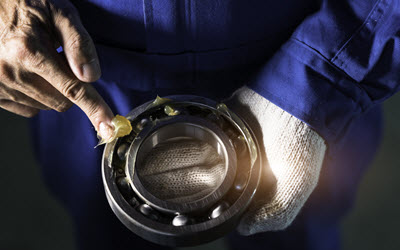 for all your European and Japanese auto repair in Los Angeles, CA, and nearby areas. If you are the owner of a luxury car, such as a Porsche, then it is very important to take care of and maintain it so that it can deliver the performance it is designed for. As much as owning a Porsche is a dream come true, it is not always a rosy affair because the car can develop some problems such as a faulty IMS bearing. If this happens, you can bring your car to our ASE-certified mechanics for the necessary repair services. Rest assured we will get your Porsche back to its best performance. Call us now to book an appointment at (424) 283-4303.
for all your European and Japanese auto repair in Los Angeles, CA, and nearby areas. If you are the owner of a luxury car, such as a Porsche, then it is very important to take care of and maintain it so that it can deliver the performance it is designed for. As much as owning a Porsche is a dream come true, it is not always a rosy affair because the car can develop some problems such as a faulty IMS bearing. If this happens, you can bring your car to our ASE-certified mechanics for the necessary repair services. Rest assured we will get your Porsche back to its best performance. Call us now to book an appointment at (424) 283-4303.
* Black Porsche 911 Turbo S Car image credit goes to: Brandon Woyshnis.

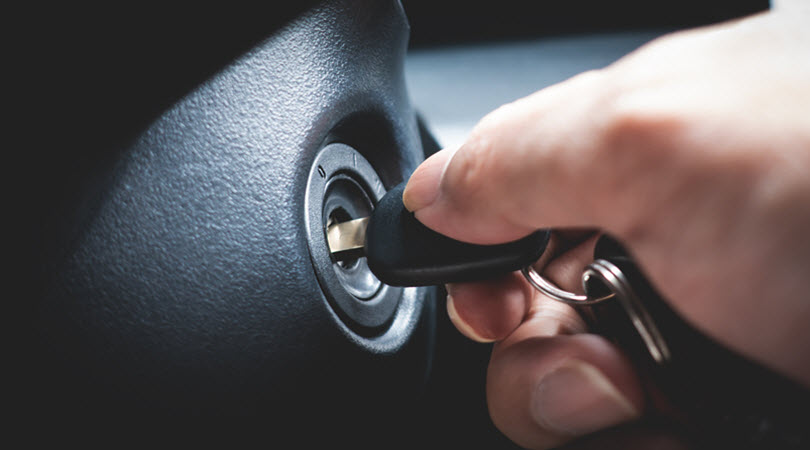
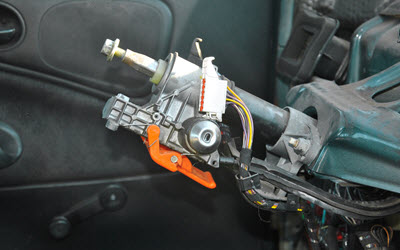 the
the 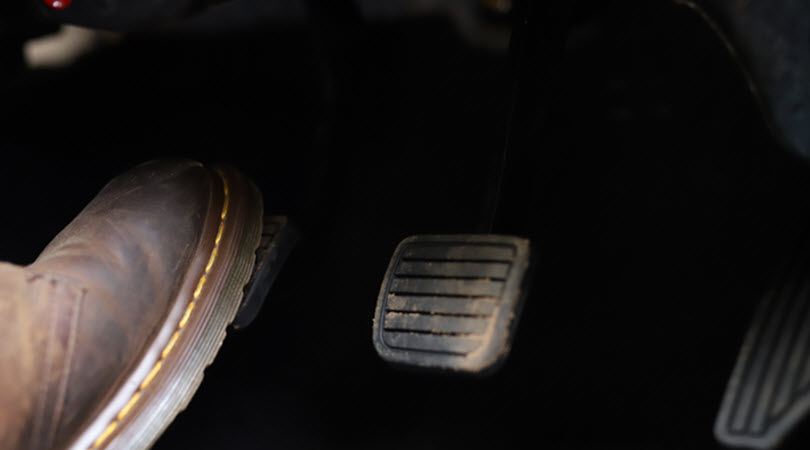
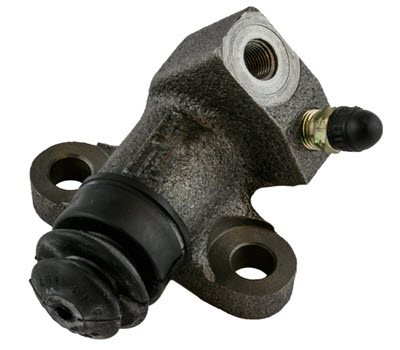 our commitment to excellence. Our team of skilled technicians understands the nuances of Porsche engineering, and we approach clutch slave cylinder replacement with the precision it demands. We believe in transparency and ensure that our clients are informed at every step of the process. Located in the heart of Los Angeles, CA, we serve as a haven for Porsche enthusiasts who demand the best for their vehicles. Our state-of-the-art facility, paired with a passion for automotive excellence, makes us the ideal choice for your Porsche’s service and repair needs.
our commitment to excellence. Our team of skilled technicians understands the nuances of Porsche engineering, and we approach clutch slave cylinder replacement with the precision it demands. We believe in transparency and ensure that our clients are informed at every step of the process. Located in the heart of Los Angeles, CA, we serve as a haven for Porsche enthusiasts who demand the best for their vehicles. Our state-of-the-art facility, paired with a passion for automotive excellence, makes us the ideal choice for your Porsche’s service and repair needs.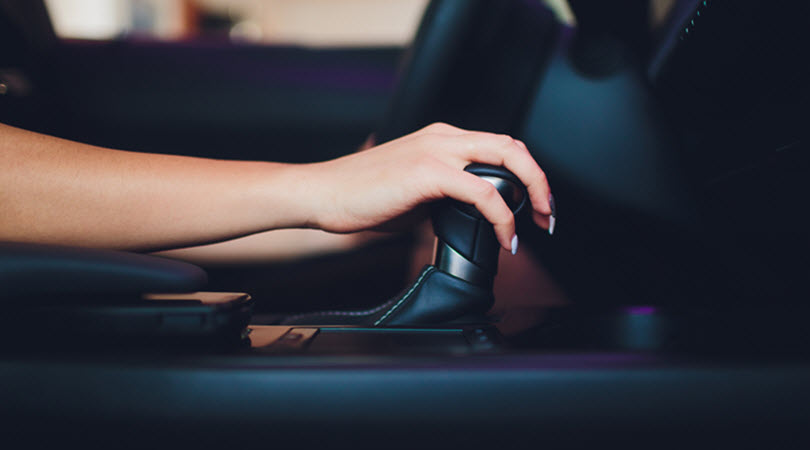
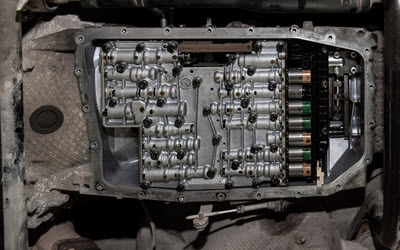 for the optimal performance of your Porsche. If you’ve noticed any signs associated with valve body failure, don’t hesitate to bring them to our workshop at Carotech Automotive. We understand how transmissions in Porsche work, and our team of skilled technicians is equipped with the state-of-the-art tools necessary to diagnose and repair any problems related to the transmission valve body.
for the optimal performance of your Porsche. If you’ve noticed any signs associated with valve body failure, don’t hesitate to bring them to our workshop at Carotech Automotive. We understand how transmissions in Porsche work, and our team of skilled technicians is equipped with the state-of-the-art tools necessary to diagnose and repair any problems related to the transmission valve body.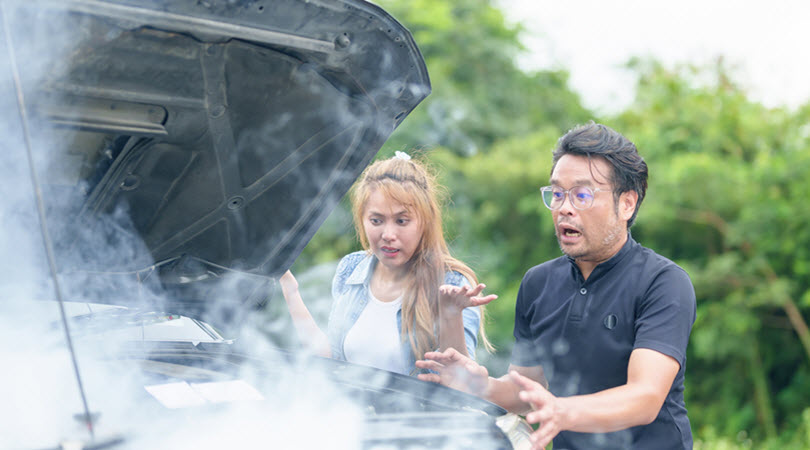
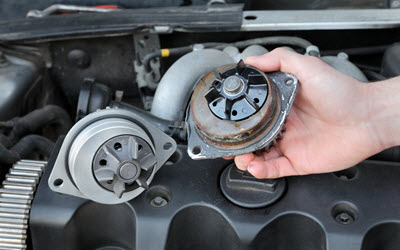 avoid costly repairs. Visual inspections, scheduled maintenance visits, and professional assistance should all help lower the risks associated with water pump leaks.
avoid costly repairs. Visual inspections, scheduled maintenance visits, and professional assistance should all help lower the risks associated with water pump leaks.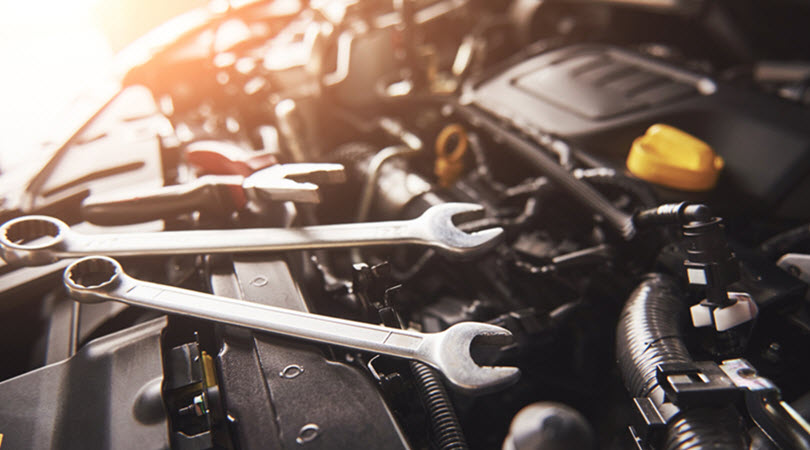
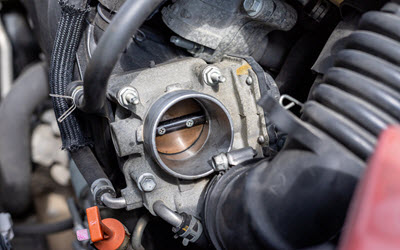 and you need help with your engine maintenance, we are here to help. At
and you need help with your engine maintenance, we are here to help. At 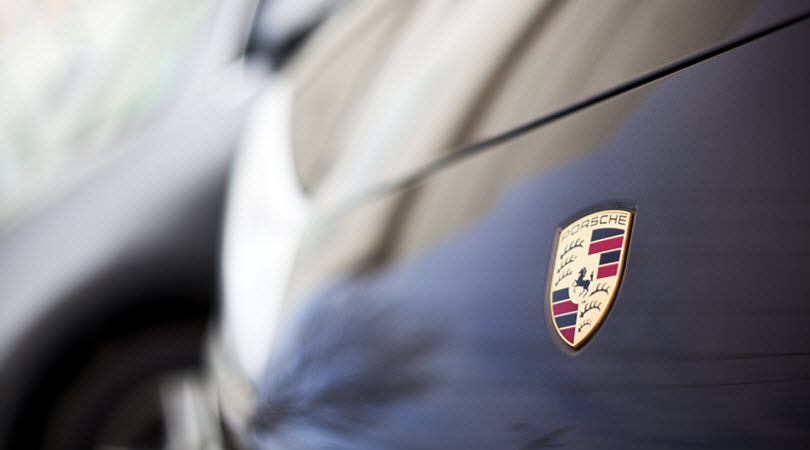
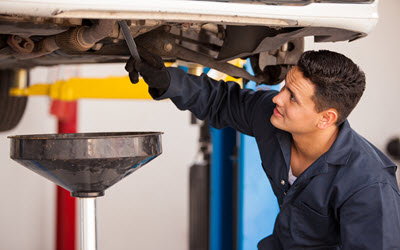 has ample experience working with Porsches. They will be able to determine exactly what the problem is and know how to fix it correctly. Once they’ve done that, they will probably change the oil and may flush out the engine to get all of the metal shavings out.
has ample experience working with Porsches. They will be able to determine exactly what the problem is and know how to fix it correctly. Once they’ve done that, they will probably change the oil and may flush out the engine to get all of the metal shavings out.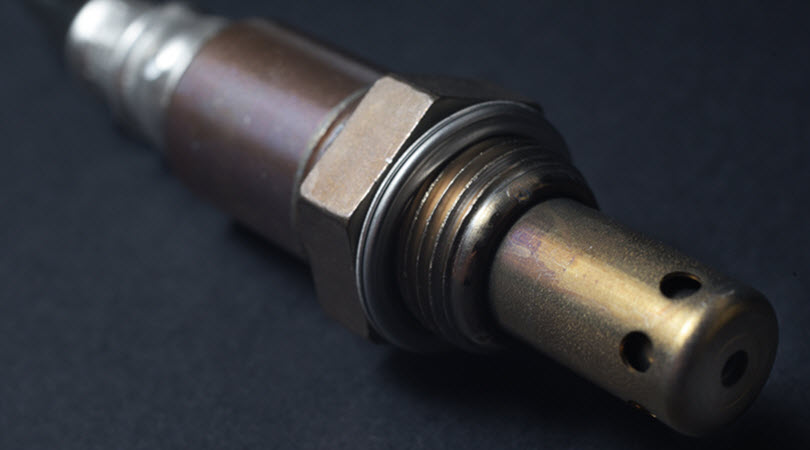
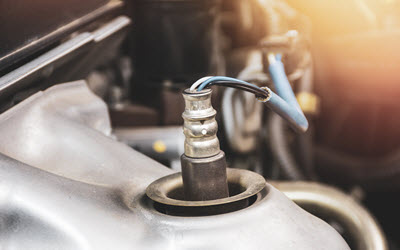 vehicle might have, our ASE-certified technicians can find solutions for you. Rest assured that at Carotech Automotive, your Porsche will be in skilled and qualified hands.
vehicle might have, our ASE-certified technicians can find solutions for you. Rest assured that at Carotech Automotive, your Porsche will be in skilled and qualified hands.
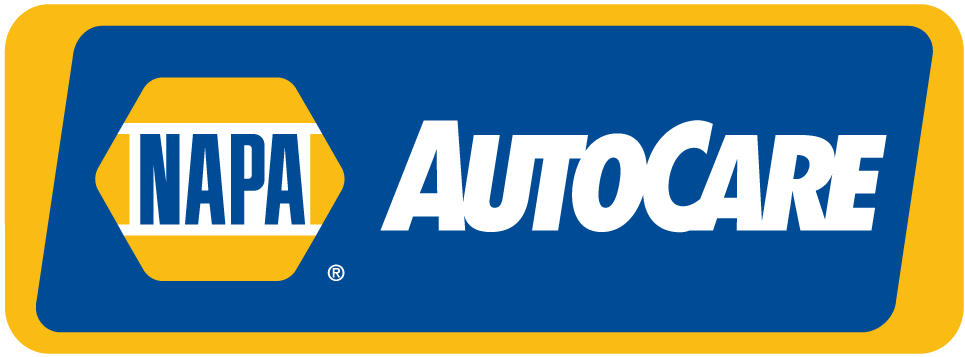


Recent Comments